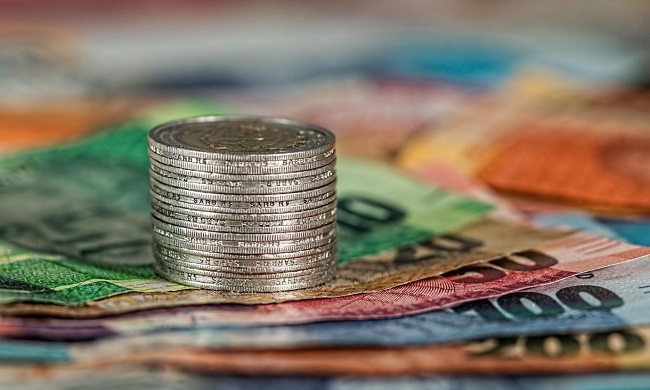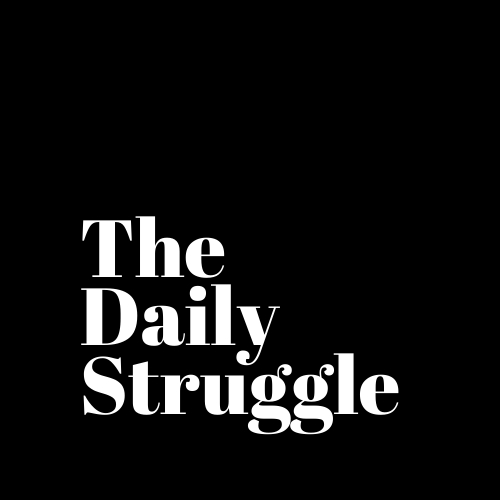
You’ve booked your flights, accommodation and thought long and hard about all the activities and relaxation you’re going to indulge in while on holiday, but have you thought about your high street exchange rates and where to get your travel money from?
There are many places where you can purchase travel money from including banks, credit unions, large chain supermarkets, airports and bureaux de change. While all of these facilities can provide you with the currency you need, they don’t always offer the best high street exchange rates.
This guide discusses the 10 best tips for buying travel money on the high street so you can go away with a better deal for your money.
1. Be aware of currency specific jargon
The first important thing to note about purchasing travel money on the high street is that you’ll be faced with lots of currency specific jargon. It’s imperative to be aware of what everything means before you buy your travel money, so you know what you’re getting yourself into.
- Buy rate – the amount you get when you exchange your leftover foreign currency when you return from your trip.
- Sell rate – how much you get when you initially exchange your currency; from pounds to Euros for example.
- Bank to bank rate – this is the wholesale exchange rate that banks use for currency exchanges between themselves.
2. Keep an eye on the high street exchange rates
Another incredibly important top tip when buying travel money on the high street is that you should keep an eye on the exchange rate for a little while before you decide to purchase your travel money.
This is because currency exchange rates fluctuate so regularly; the price you see one day could be significantly worse the next. By keeping an eye on the fluctuating rates, you’ll know when the best time to buy your currency is for you.
3. Know exactly which currency/currencies you’ll need
Furthermore, you should also investigate the currency or currencies you’ll need before going on holiday. While most countries in the EU use the Euro, there are several places such as Croatia, Hungary and Czech Republic that don’t.
What’s more, some places in the world such as Cuba use two different currencies; one for locals and one for tourists! It’s important to be aware of these things before you exchange your currency, so you know exactly which one/s you’ll need for your trip.
4. Always shop around for the best deal on high street exchange rates
As currency exchange rates fluctuate almost daily, it’s important to shop around for the best deal on your travel money.
Prices for travel money aren’t always the same from every provider, so while the exchange rate might be similar, the deal that a provider can offer you might differ. Best money saver compares the leading travel money exchange rates in real time so you know you are getting the best offer.
5. Consider purchasing a pre-paid travel card
Pre-paid cards are becoming increasingly popular as opposed to carrying large amounts of cash with you on holiday.
You can buy these from most major high street travel money providers and they’re more safe and secure than cash. They also often offer you more value for your money as the exchange rate is ‘locked’ in on the day that you obtained the card, so it won’t fluctuate as you spend your money abroad.
6. Be aware of credit card fees at bureaux de change
Credit card fees can be ever-present when purchasing travel money from a travel money bureau. The fees will differ between each money provider, but they usually start at £1.50; that’s £1.50 worth of travel money you’re losing out on.
If you must purchase your travel money on your credit card, make sure to look around different providers to see which ones offer the lowest card fees.
7. Don’t be afraid to try and negotiate discount rates
As well as shopping around for the best deal on your travel money, you should also be prepared to negotiate a discount with some high street bureaux; don’t take what you see at face value and don’t be afraid to try and negotiate rates.
If you have seen a better rate with a different provider and you have a lot of money to exchange, many providers will offer to price match your quote, just so they can obtain your business instead of their competition.
8. Pay with cash or debit card
As mentioned above, purchasing your travel money with a credit card can often incur unnecessary fees, so it’s advisable to buy your money with cash or debit card.
When buying travel money with your debit card, it’s treated just like any cash withdrawal or regular purchase and you won’t be charged a card fee in order to do so.
Similarly, buying your travel money with a sum of cash won’t cause you any extra fees, thus leaving you with more money to take on holiday.
9. Take care when investigating the “deals” offered by travel money providers
Many travel money providers will offer deals such as “0% commission” and “guaranteed best rates” but these claims can often be misleading and shouldn’t always be taken at face value.
After all, while a provider may offer 0% commission, their exchange rates might be much worse than their competitors, thus meaning that the commission waived doesn’t really make any difference.
10. Think about using traveller’s cheques instead of cash
Traveller’s cheques can seem a little outdated in today’s modern world of using pre-paid travel cards, but they’re still a useful way of obtaining your travel money.
They can be replaced if they’re lost or stolen and they’re accepted at many places around the world. The only downside to using them is that they’re usually only available in six currencies; thus limiting you on which currencies you can exchange.
Conclusion – tips for buying travel money on the high street
When it comes to buying travel money on the high street, there are a few things you should be aware of. Make sure you keep up to date with the exchange rate and consider using a pre-paid card instead of carrying large amounts of cash with you for extra safety and security.

Just a group of real women dealing with life’s daily struggles! Want to write for us? Email: hello@thedailystruggle.co.uk